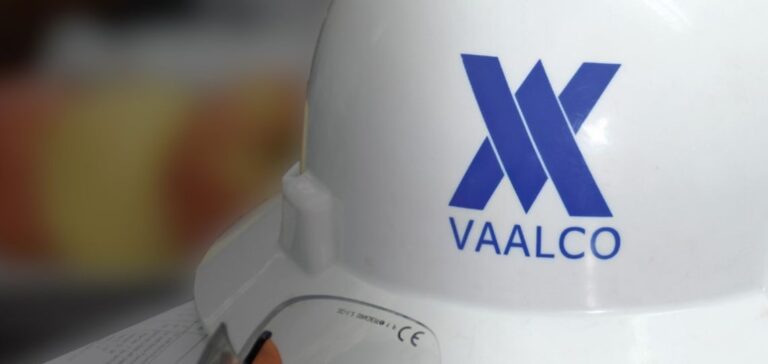VAALCO Energy, the American oil company, continues to strengthen its presence in Africa. On March 3, 2025, the company announced the acquisition of a 70% stake in the offshore CI-705 block, located approximately 70 km west of the CI-40 block in Côte d’Ivoire. This acquisition follows the purchase of the offshore Baobab field in 2024, reinforcing VAALCO’s strategy to establish a stronger foothold in West Africa. The transaction cost VAALCO USD 3 million, and the company is partnering with Ivory Coast Exploration Oil & Gas SAS and PETROCI, the Ivorian national oil company, to operate this asset as the lead operator.
The strategic potential of the CI-705 block
The CI-705 block is located in the Tano basin, an area rich in recent discoveries. Situated 60 km from the Calao discovery made by Eni, this offshore block presents an attractive geological potential for VAALCO. The maximum water depth in the area reaches 2,500 meters, and three wells have already been drilled within the perimeter. The American company plans to undertake a detailed geological analysis to assess the “overall prospectivity of the block,” evaluating its potential for both oil and natural gas.
VAALCO’s CEO, George Maxwell, expressed confidence in the potential of this acquisition. “We believe the CI-705 block is strategically located within a proven petroleum system, close to existing infrastructure with access to a rapidly growing domestic market,” he said. The upcoming geological analyses could further strengthen VAALCO’s strategic position in this region.
Increased production in Gabon
In addition to its development in Côte d’Ivoire, VAALCO is implementing an ambitious plan to double its crude production in Gabon. In July 2024, the company announced an investment of USD 300 million to increase its oil production to 30,000 barrels per day (bpd) by early 2026, compared to the current production of around 15,000 bpd. This plan involves a new drilling campaign scheduled for 2025, which includes 5 to 10 new wells. VAALCO has allocated a budget of USD 200 million for these operations, aiming to strengthen its development of the Etame licence, one of the country’s largest.
Logistical challenges to overcome
However, VAALCO must overcome several challenges to successfully execute its plans. The company faces administrative and logistical obstacles, particularly in obtaining permits and securing equipment. Despite these challenges, VAALCO is relying on increased collaboration with the Gabonese authorities to expedite procedures and implement the necessary solutions to meet its objectives.
The company is focusing on optimising its infrastructure and adopting new technologies to enhance operational efficiency and ensure the profitability of its investments in the region.





















